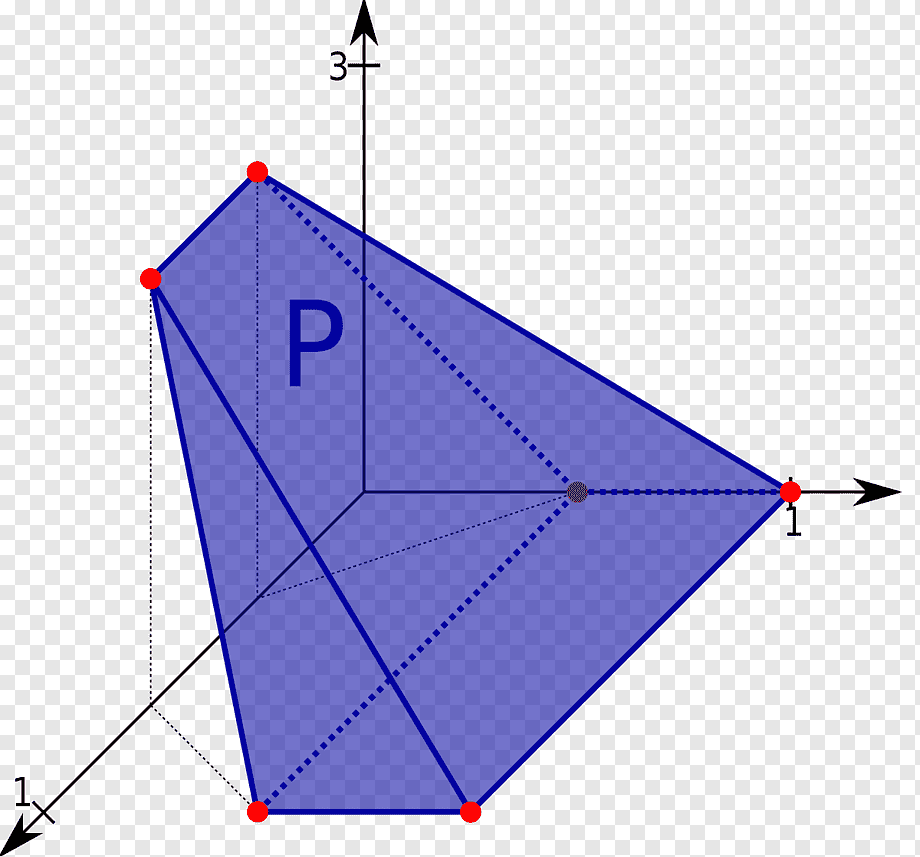At its core, mathematical optimization is a problem-solving approach that employs mathematical models to find the best solution from a set of possible alternatives. When applied to business operations, this method becomes a catalyst for unlocking efficiency and transforming the way organizations operate.
Although not a new concept, a recent report highlights the increasing trend of organizations combining machine learning and mathematical optimization with 81% of survey respondents using both approaches together for at least one project, allowing for more tailored decision recommendations. Close to 90% also indicated that mathematical optimization was gaining traction or remaining steady with decision-makers at their company.
Benefits of optimizing operations through advanced analytics
One of the primary challenges businesses face is the complex web of decisions they must make daily. From supply chain management to resource allocation, these decisions impact not only the bottom line but also customer satisfaction and overall competitiveness. Traditional decision-making approaches can often fall short in handling the intricacies of these multifaceted problems. This is where mathematical optimization steps in, providing a systematic way to navigate the complexities and arrive at optimal solutions.
Take supply chain management as an example. In a globalized marketplace, supply chains are intricate networks with numerous variables and uncertainties. Mathematical optimization algorithms can analyze vast amounts of data, considering factors such as transportation costs, production capacities, and inventory levels to determine the most cost-effective and efficient supply chain configuration. This not only minimizes costs but also enhances responsiveness to market changes, ultimately leading to more agile and competitive business practices.
Cost reduction is a perpetual goal for businesses, and optimization technology is a powerful ally in achieving this objective. By identifying inefficiencies and streamlining processes, optimization models can recommend changes that result in significant cost savings. For instance, in manufacturing, optimization algorithms can optimize production schedules, minimizing idle time and reducing the need for overtime work. This not only cuts labor costs but also enhances production output, leading to improved overall efficiency.
Mathematical optimization can also play a crucial role in resource allocation, ensuring that organizations make the most of their available resources. Whether it’s allocating personnel, finances, or time, optimization models can help businesses allocate resources where they are most needed, maximizing productivity and minimizing waste. This strategic deployment of resources contributes to better decision-making, enabling organizations to respond effectively to dynamic market conditions.
The benefits of optimization technologies extend far beyond immediate cost reductions. By fine-tuning operations, businesses can create a ripple effect of positive outcomes. For example, optimizing production processes not only reduces costs but also enhances product quality and delivery speed. This, in turn, can lead to increased customer satisfaction and loyalty, creating a cycle of improved performance.
Does optimization remove human touch?
The short answer is no. Contrary to concerns about job displacement, this technology is not robbing humans of their roles; instead, it is assuming tasks that surpass human capacities due to their intricacy. When it comes to business operations, especially in sectors with multifaceted decision-making processes, the sheer complexity often overwhelms traditional human approaches.
Mathematical optimization thrives in this complexity, processing colossal datasets and evaluating numerous variables simultaneously to derive optimal solutions. In areas like supply chain management and resource allocation, the intricate nature of decisions exceeds human capacity for quick and precise calculations. Optimization algorithms excel in sifting through this complexity, identifying patterns and recommending optimal courses of action with unparalleled efficiency.
By tackling these complex challenges, optimization can liberate employees from time-consuming tasks, allowing them to focus on higher-order responsibilities that require creativity, critical thinking, and strategic planning. Instead of replacing jobs, optimization technologies complement human skills, creating a symbiotic relationship where machines handle the intricacies, while humans contribute their ingenuity to overall decision-making. In essence, mathematical optimization is not a threat to employment; it is a technological ally, amplifying human potential in the face of increasingly intricate business landscapes.
Embracing transformative technology
While the potential benefits of mathematical optimization are clear, it’s essential to acknowledge the challenges in adopting this advanced analytics tool. Implementation requires a robust infrastructure, a skilled team of experts, and a commitment to data quality. It is essential for organizations to work collaboratively with employees to overcome the resistance to change that often accompanies the introduction of new technologies.
As businesses strive for excellence in a competitive landscape, the role of advanced analytics, particularly mathematical optimization, cannot be overstated. In short, mathematical optimization has the potential to transform the way businesses operate. In the journey towards unlocking efficiency, embracing transformative technology is not just a choice; it’s a strategic imperative for those seeking sustained operational success.
Christine Njuguna, Data and Automation Engineer at Dimension Data.













Leave a comment